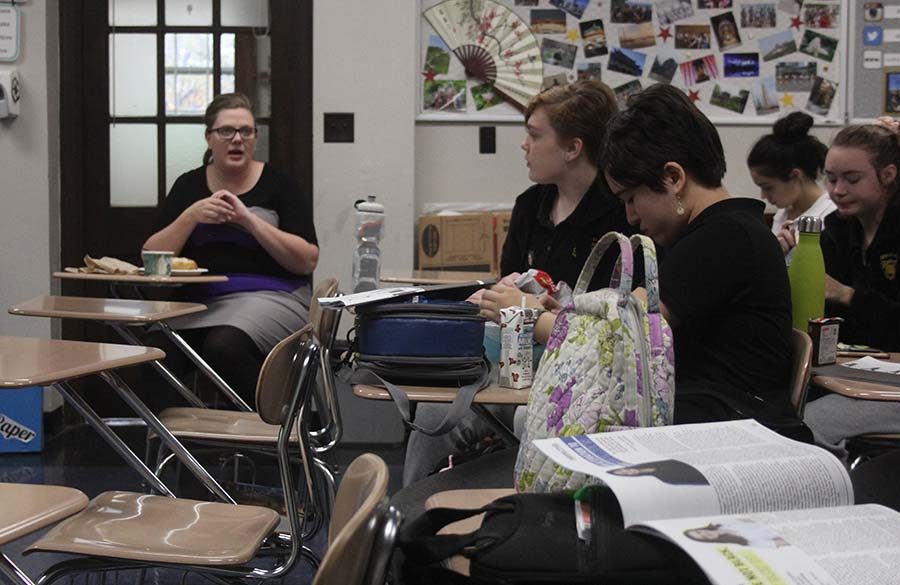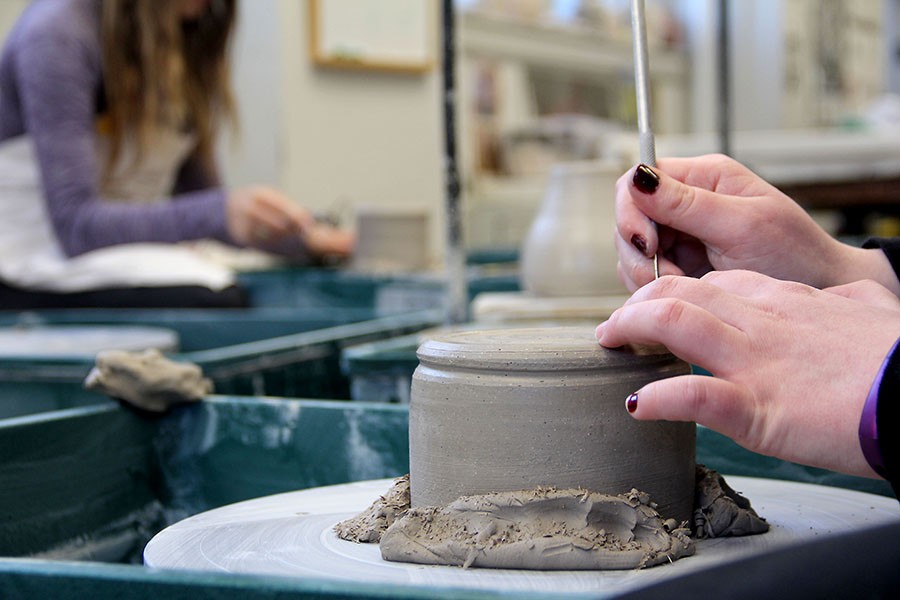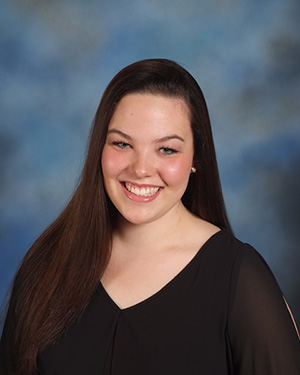Ten years ago, colleges rejected applicants for a low ACT score, not taking challenging courses or lacking extra curricular activities. In order to be accepted, students would spend hours perfecting their essays and preparing for required interviews. Today, they have yet another thing to polish for college.
Their Facebook.
Whether they are deleting inappropriate statuses or posting picture of themselves volunteering, many applicants work to make their Facebook pages presentable to college admissions officers, who are now beginning to search for applicants online.
A 2008 survey by Kaplan, a unit of Washington Post Company, found that of 500 top colleges, 10% of admissions officers acknowledged looking at social networking sites to evaluate applicants. Nearly 38 percent of them said that what they saw negatively affected their views, while only 25 percent said that these sites caused their views of prospective students to improve.
While some admissions officers may be uncomfortable flipping through an applicants Facebook, others see it as public information.
“When something is public, there are always consequences,” STA college counselor Debi Hudson said. “I knew of a situation where a college actually dropped a student from their education program because of what they saw on Facebook.”
Princeton University’s Dean of Admission Janet Rapelye would agree.
“I think students have to expect that if there is anything public, it’s possible that we might see it,” Rapelye said in a Wall Street Journal video. “Do we have time to go back and look at Facebook pages on a regular basis? No.”
Some professionals say schools do not have time to scour the web for thousands of applicants. In the Sept. 2008 Wall Street Journal article “College Applicants, Beware: Your Facebook Page is Showing,” director for the National Association for College Admission Counseling David Hawkins said that at times, admissions officers receive anonymous tips, perhaps from rival applicants, of embarrassing or distructive content.
Director of undergraduate admissions at North Carolina State University Thomas Griffin also told the Wall Street Journal that a school would do an internet search if a student raises “red flags,” such as suspension. Online “red flags” may include alcohol or drug use, profanity, nudity or derogatory statements directed towards others.
“Any of the things a student would not want their grandparents to see,” Texas Christian University assistant director of admissions Mike Mooneyham said. “That kind of stuff could be a concern.”
However, applicants can take precautions on Facebook before applying to colleges. Senior Emily Strickland has figured out one alternative. Now known as Emily Taylor on Facebook, Strickland changed her name because of the application process. (Although there is a freshman Emily Taylor at STA, Strickland chose the name for anonymity.)
“I was paranoid about college admissions counselors trying to find me on Facebook,” Strickland said. “Better safe than sorry. That’s what I always say.”
In addition, Hudson has provided STA seniors with a “Digital Dirt Self Audit Form” that she adopted from Drury University. This form encourages seniors to use a search engine to see what information is available on the internet about themselves. It asks questions from “Do you follow the rule if you wouldn’t want to read it in the newspaper, don’t include it?” to “Would you be comfortable if a college were to see your profile, pictures, or groups?”
However, Hudson knows college admissions officers aren’t the only ones looking at applicants’ Facebooks.
“I think sororities are going to look at [Facebook] big time,” Hudson said.
Now a freshmen at Oklahoma State University, class of 2010 STA alumna Katelyn Devine saw just how big of a role Facebook played during rush for the sorority Alpha Chi.
“Sororites want to know every little thing about your life in school as well as outside of school,” Devine said. “What better way to find that out then by looking at your Facebook?”
Within her first few weeks, Devine was required to set her Facebook account on private until recruitment is over next year.
“As members of a sorority, [the rules are] no pictures with alcohol in them, no inappropriate pictures and try and keep the bad language to a minimum,” Devine said. “What we do represents the rest of our house, so they just remind us to think about what we post, because it is not just affecting ourselves, but it is representing any of the Alpha Chi’s at OSU.”
On the other hand, Devine doesn’t believe Facebook should be involved in the college application process.
“The process of getting into college should primarily be about your grades and activities, not your social life,” Devine said. “Facebook relates more to your social life than to your academic [life].”
Although Mooneyham does not check applicants’ Facebook pages, he still has advice about the situation.
“Any information made available to the public can be used to hurt or help an applicant,” Mooneyham said. “There is a lot more information about applicants that can be made available. Good or bad, intentional or accidental. Be smart. Be mindful of what you are putting out there or what other people are putting out there about you.”
How to clean up your online image:
1. Delete any photos that show you drinking alcohol or with people who are obviously under the influence, contain rude gestures, are sexually suggestive, portray illegal activity or would make an admissions officer question your character or judgement.
2. Remove yourself from any groups that show bias or bigotry or promote illegal activity.
3. Remove contact information. It is unsafe and shows bad judgement.
4. Choose a modest and professional-looking photo for your profile picture.
5. Visit your page fequently to untag or delete anything inappropriate your friends might have posted.
How to promote yourself correctly:
1. Post pictures that show you doing constructive things, show you and your friends in a positive light or show you traveling.
2. Join groups with a positive message, like breast cancer awareness.
3. Show activity on a college’s facebook page to demonstrate interest. Schools like Creighton University provide a page for applicants. According to Cari Cloyed, an admissions counselor at Creighton this page shows who is excited and seriously interested in the school and answers any questions that may arise about the admissions process.
4. Attend events that show your interests, like church events or volunteer opportunities.
http://collegeapps.about.com/od/theartofgettingaccepted/a/Facebook.htm







